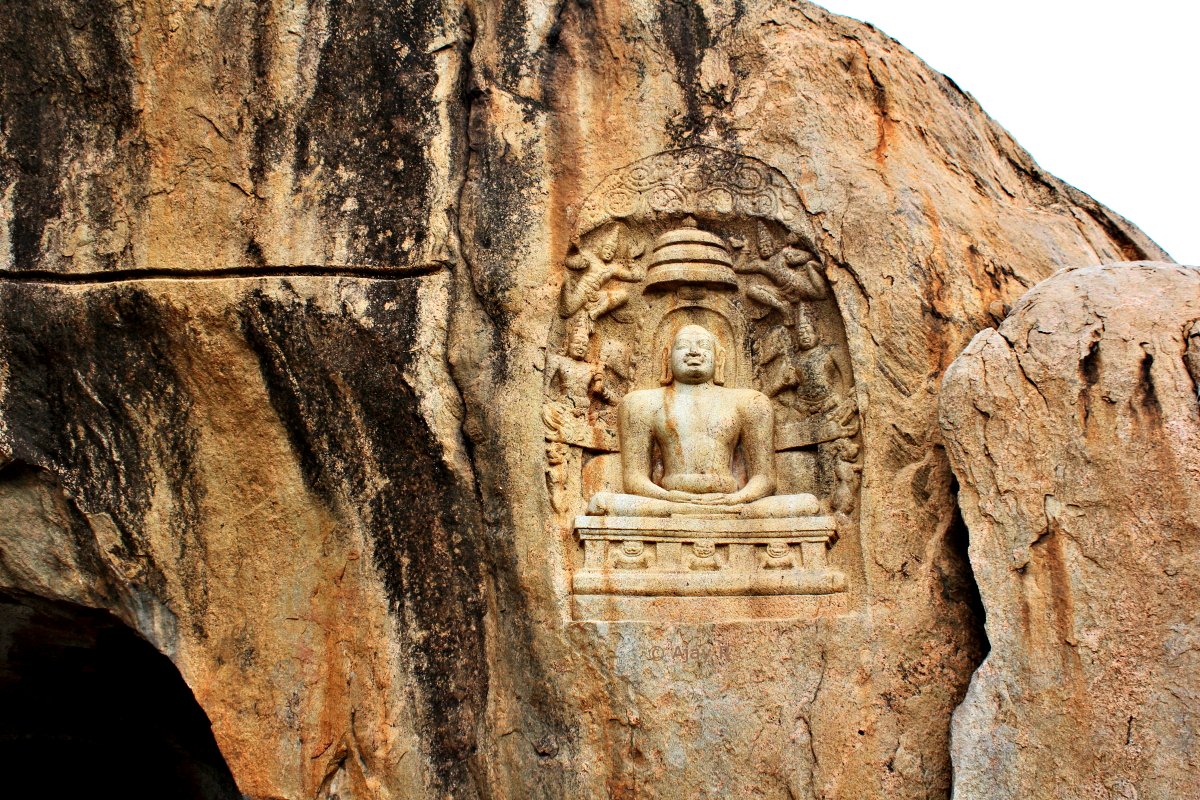Our knowledge of any past event is incomplete. Most history is guessing and the rest is prejudice. Other sciences tell us how we might behave. History tells us how we have behaved.
Most history is guessing, and the rest is prejudice. Knowledge of past events is incomplete, inaccurate, clouded by missing evidence & biased historians.
Freedom & equality are sworn enemies. When one prevails the other dies. Utopias of equality are doomed.
The concentration of wealth is a natural result, recurs in history.
Men are judged by their ability to produce — except in war, when they are ranked according to their ability to destroy.
New ideas should be heard, for the sake of the few that can be used; but new ideas should be compelled to go through the mill of objection, opposition, and contumely.
— “War is one of the constants of history, and has not diminished with civilization or democracy. In the last 3,421 years of recorded history only 268 have seen no war.”
The excess of anything leads to its opposite reaction. (e.g., the excess of liberty leads to slavery).
Every generation rebels against the preceding one.
If Youth knew if Age could.
<end>



